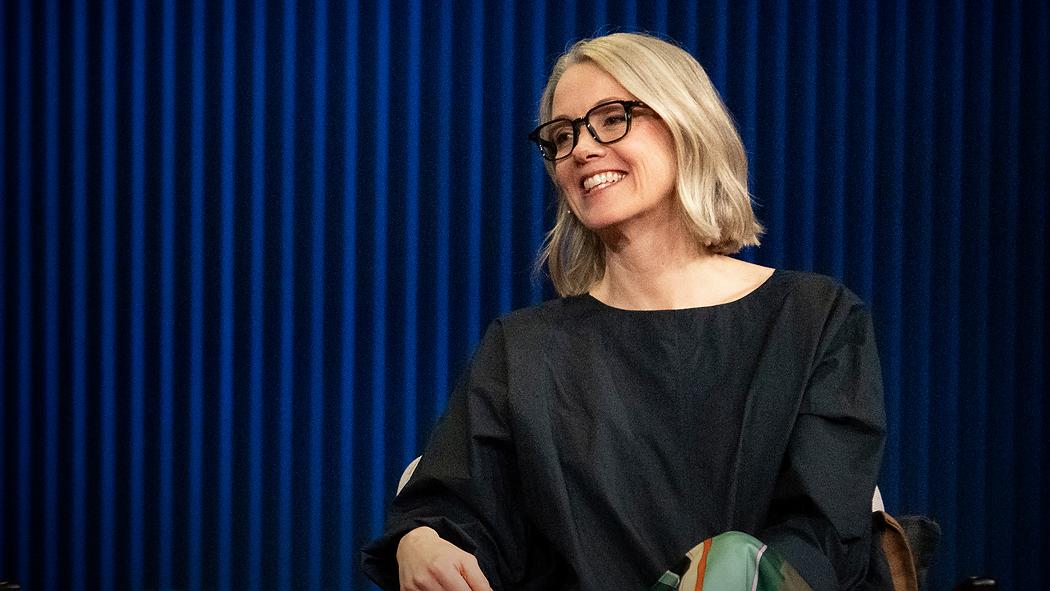Blog
The mental health AI chatbot made for real life | Alison Darcy (Kelly Corrigan takeover)

VANCOUVER, CANADA – In a thought-provoking session at TED2025, psychologist and founder of Woebot Health, Alison Darcy, engaged in a crucial conversation with author and podcaster Kelly Corrigan about the role of AI in mental health. Their discussion, part of Corrigan’s “TED Talks Daily” takeover, delved into the vision behind Woebot – a mental health chatbot designed to offer support in real-life, often vulnerable moments, particularly when human help isn’t readily available.
The core of Darcy’s work with Woebot is to provide accessible mental health support, especially for those experiencing distress during “off-hours,” such as late-night panic attacks. As Darcy highlighted during the talk, an estimated 75-80% of Woebot’s conversations occur outside of traditional clinic hours, with the longest interactions often taking place between 2 AM and 5 AM. This underscores the chatbot’s utility as a complementary tool, filling critical gaps in the existing mental healthcare system.
Corrigan, known for her insightful interviews, pressed Darcy on the ethical implications and potential downsides of relying on AI for such a sensitive area as mental health. A key point of discussion was whether AI tools risk replacing human interaction and fostering a “total rejection of humanity.”
Darcy firmly asserted that Woebot is not designed to replace human therapists but rather to equip individuals with tools to develop their own coping mechanisms and improve their “thinking hygiene.” She likened Woebot to a “tennis ball machine” for mental well-being, providing consistent prompts and questions that help users practice self-reflection and build resilience. The goal, she emphasized, is “human betterment.”
Woebot, founded by Darcy in 2017, utilizes principles of Cognitive Behavioral Therapy (CBT) and has shown promise in reducing symptoms of anxiety and depression. While acknowledging the nascent stage of AI in mental health and the potential for damage, Darcy stressed the importance of developing these technologies with intentionality and an unwavering focus on serving human needs.
The conversation ultimately highlighted the complex yet promising intersection of AI and mental health. Darcy and Corrigan encouraged a critical, yet open-minded, approach to these innovative tools, urging audiences to consider what we should expect and demand from ethically designed psychological AIs that are truly “made for real life.

















